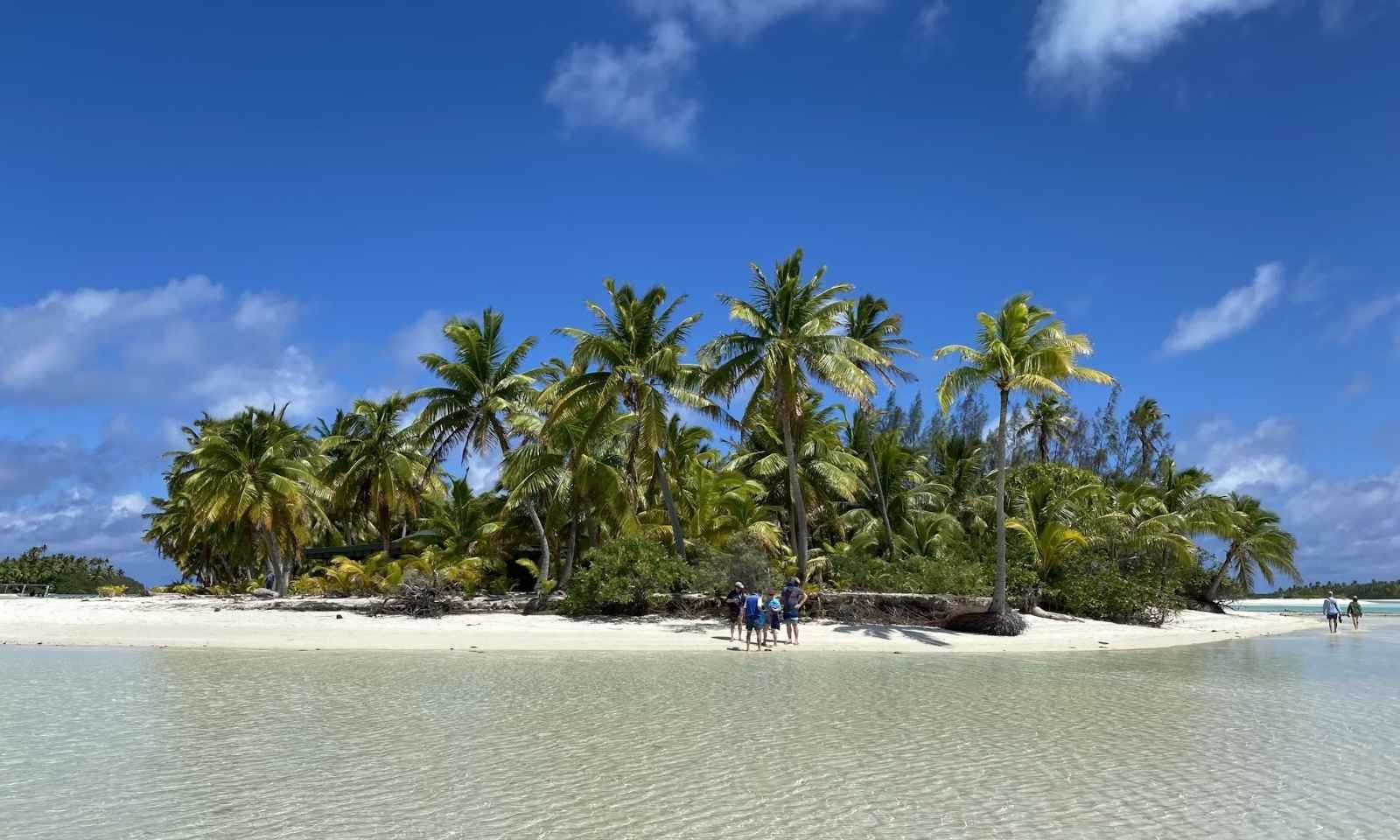

Future pandemics are an inevitability that we must prepare for according to Professor Michael Baker.
Photo /Unsplash.
Pacific could benefit from pandemic plan - report
A new paper that proposes a strategic collaborative approach to future pandemics in New Zealand and Australia, has the potential to extend to the Pacific region.



Tonga's Crown Prince set to retain key foreign affairs and defence roles in new cabinet

Heading off on a roadie? Here’s how to keep your car and whānau safe



Tonga's Crown Prince set to retain key foreign affairs and defence roles in new cabinet

Heading off on a roadie? Here’s how to keep your car and whānau safe
A pandemic collaboration proposal between New Zealand and Australia could benefit Pacific people in both the diaspora and the region.
The Public Health Communication Centre released The Case for a NZ-Australia Pandemic Cooperation Agreement, which advocated for a coordinated pandemic response between New Zealand and Australia, with the potential to extend this to the Pacific.
The research was spearheaded by public health experts Nick Wilson, Matt Boyd, John D Potter, Osman Mansoor, Amanda Kvalsvig, and Michael Baker.
Professor of Public Health at Otago University, and aforementioned co-author, Michael Baker, said the agreement's goal is to foster proactive preparation for future pandemics.
"We've learnt, hopefully, several things from the covid-19 pandemic," Baker said.
"One of the main lessons is you just have to keep preparing for these events.
"And the better preparation you have the more effective your response will be."
Pacific people in Aotearoa suffer persisting challenges to health alongside Māori, compared to other ethnic counterparts, and low immunisation rates against dangerous viruses like measles.
Baker said a structured, cross-national pandemic planning could better shield Pacific communities, who are among the most vulnerable to health issues in the country, from disproportionate impacts in future crises.

Over a third of Pacific households have been financially impacted by covid-19 according to the Ministry of Health NZ. Photo /Unsplash.
The research team also aims to expand this collaborative framework to Pacific nations, who share the same geographical isolation New Zealand and Australia have.
"We're all able to take advantage of a slightly high degree of isolation from the rest of the world.
"All these countries use a very similar response to the pandemic: Basically, excluding it or eliminating it."
"For almost two years that gave us huge benefits from being able to vaccinate our people so that when they were eventually infected, they had a much lower risk of death and hospitalisation from long covid.
"There's also some evidence that they benefited economic activity as our societies were not so disrupted for those periods."
Baker said this cohesive approach could ultimately benefit the Pacific region by creating what he called “green zones” - safeguarded areas where essential movement and trade could continue safely even during a health crisis.
He added that these green zones could further build economic resilience in the Pacific, where situations like Covid’s impact on the Cook Islands tourism economy could be stifled.
"Australia, New Zealand, and the Pacific Islands but on the basis that we have a if you like almost a common external border that is worked out in advance," Baker said.
"We want to move away from using hotels in the middle of our cities to contain various diseases and think about more logical ways of doing this."

One Foot Island, a small island on the Aitutaki Atoll in the Cook Islands, South Seas, South Pacific Ocean. Photo /Unsplash.
Currently, Australia is preparing to develop a facility with the capacity to produce 100 million vaccine doses annually, a production scale that could support New Zealand and the Pacific during high-demand scenarios.
Nick Wilson, co-author and public health professor, told RNZ that this cooperation model would allow both nations to respond effectively to emergent diseases.
“Sharing information early in a crisis means we’re better equipped to assess the pandemic threat and make informed decisions,” Wilson said.
He also said the collaborative framework would be a tangible demonstration of New Zealand’s and Australia’s commitments to Pacific peoples, echoing sentiments of shared identity and mutual support.
“New Zealand sees itself as a Pacific nation, and we feel a huge connection to the region,” Baker said.
“This agreement is a way of showing our support, not only for New Zealanders of Pacific descent but also for our Pacific neighbours.”